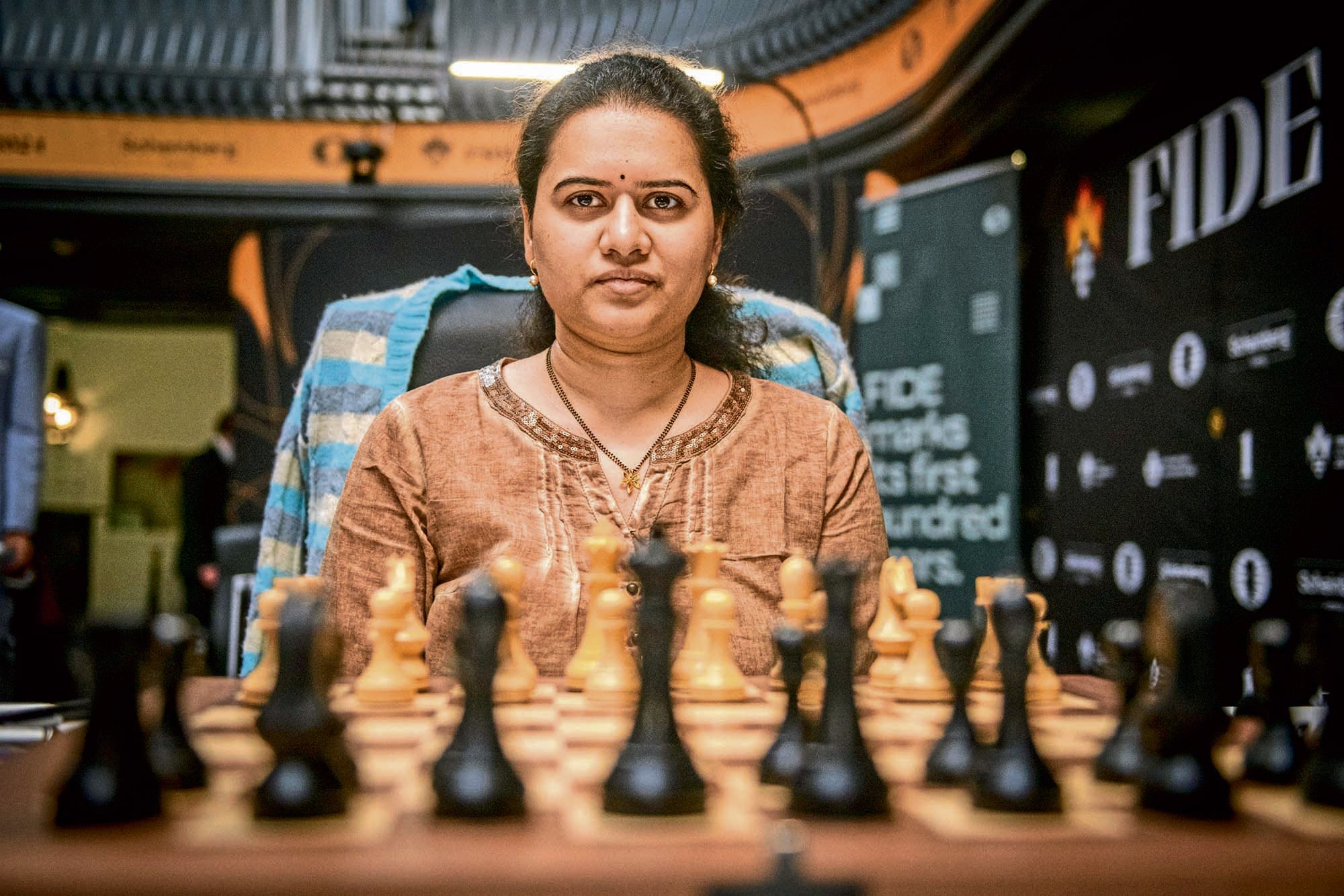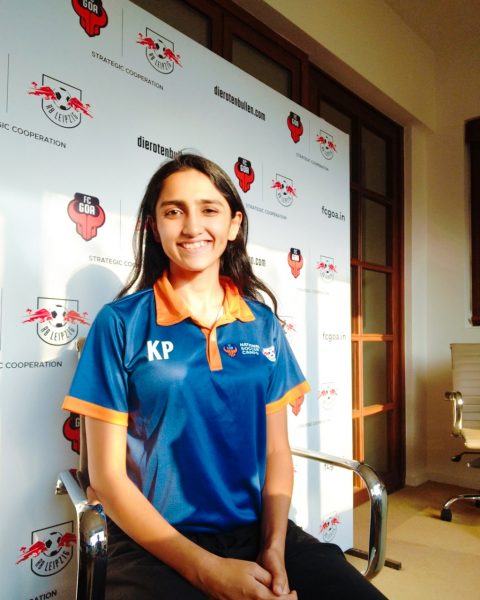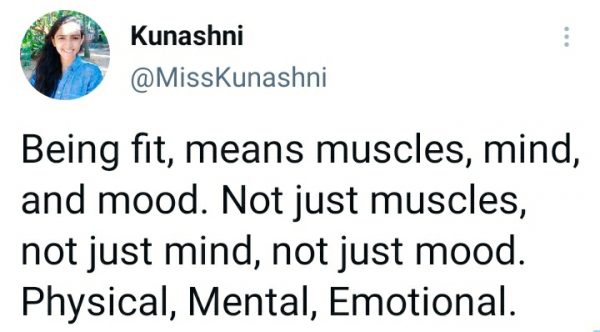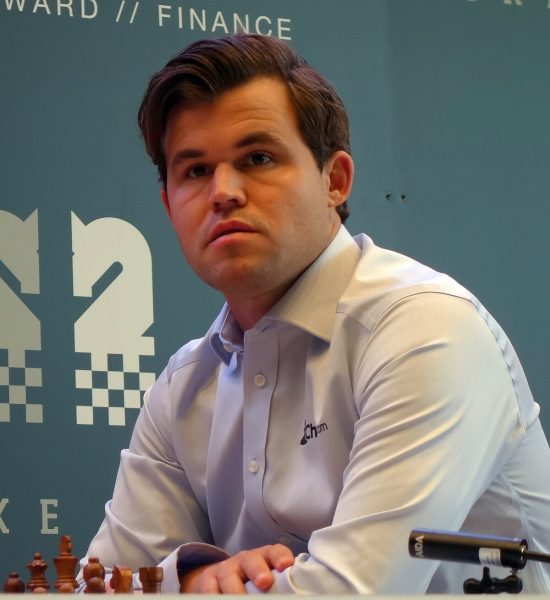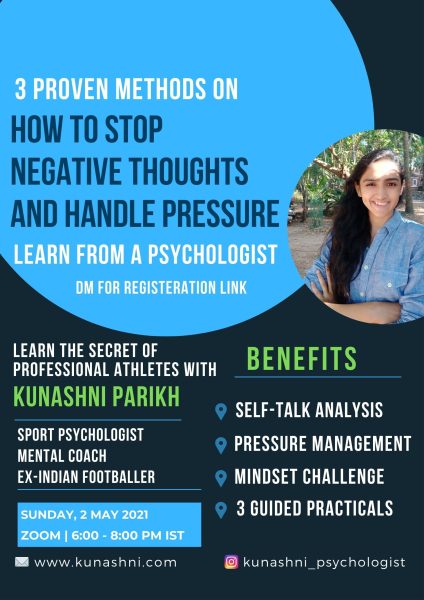Koneru Humpy’s World Rapid Chess Title at 37: The Hidden Power Behind Her Victory
When Koneru Humpy clinched the 2024 World Rapid Chess Championship at the age of 37, she made headlines for her extraordinary comeback and resilience. But if you ask Humpy, she credits much of her success to something often overlooked in the world of elite sports—her family’s unwavering support.
Winning at this stage of life was “possible because of the support from my family,” she shared, acknowledging the people working behind the scenes. While she trained and competed on the global stage, her parents cared for her young daughter, and her husband stood by her dreams, ensuring she had the mental space to focus fully on her game.
Her win wasn’t just about skill and strategy—it was powered by a support system that allowed her to rise to the occasion. This story highlights a crucial lesson for every athlete: the role of social support in peak performance is more profound than we often realize.
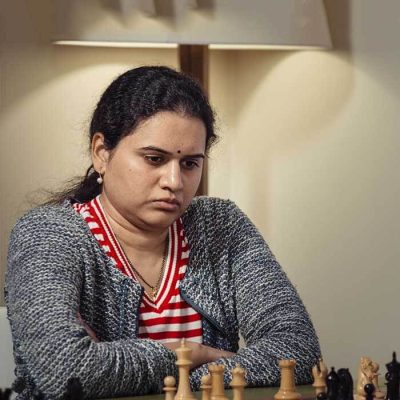
Why Social Support Fuels Athletic Success
Sports psychology research has long shown that social support is a critical factor for sustained high performance. But why?
Support systems act as a psychological safety net. When athletes feel emotionally supported, the brain releases oxytocin, often called the “bonding hormone.” This neurochemical not only enhances feelings of trust and safety but also reduces stress responses controlled by the amygdala, the brain’s fear center.
In high-stakes sports like chess—where mental clarity and focus are everything—this effect is invaluable. Knowing that personal responsibilities are handled and emotional needs are met allows athletes to:
• Take Bold Risks: Without the fear of personal chaos, athletes can focus entirely on performance.
• Stay Calm Under Pressure: Reduced stress hormones like cortisol allow clearer thinking during critical moments.
• Recover Faster: Emotional support has been linked to better physical and mental recovery post-competition.
In Humpy’s case, her family’s presence created a stable environment where she could train, compete, and return to her best self without distractions pulling her focus away from the chessboard.
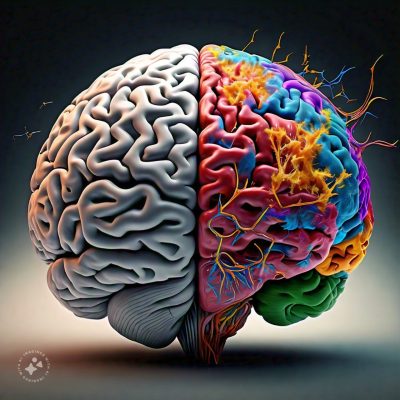
The Neuroscience of Why Support Matters
Elite athletes often face immense pressure—balancing performance with life’s complexities. Neuroscientifically, emotional security directly impacts performance by enhancing activity in the prefrontal cortex, the brain’s hub for decision-making, focus, and impulse control.
When athletes lack proper support, however, the brain’s limbic system—responsible for emotional regulation—can become overwhelmed, leading to increased anxiety and cognitive fatigue. Imagine trying to calculate 10 moves ahead in a game of chess while mentally distracted by unresolved stress.
Humpy’s family support reduced this mental clutter, freeing up cognitive resources so she could remain fully present and sharp during her matches.
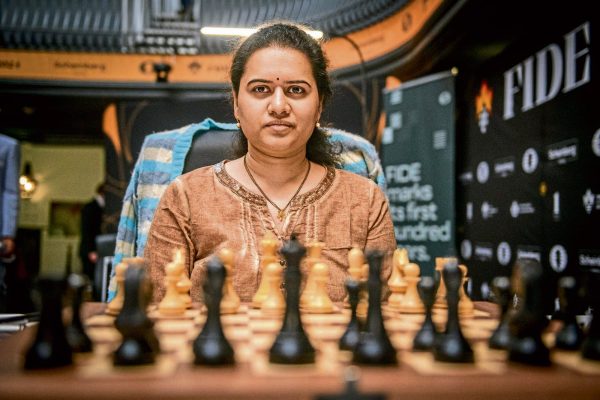
What Athletes Can Learn from Humpy’s Story
Humpy’s win is a powerful reminder that no champion rises alone. The hidden work of her support system made her success sustainable at a stage where many athletes feel the weight of balancing career and personal life.
If you’re an athlete—or guiding one—consider these strategies inspired by Humpy’s experience:
- Build a Strong Support Network: Identify the people who encourage and uplift you, both emotionally and practically. This could be family, mentors, coaches, or even teammates.
- Communicate Needs Clearly: Like Humpy, sharing your aspirations and needs with your inner circle allows them to contribute meaningfully to your success.
- Acknowledge Their Contribution: Success is rarely a solo journey. Express gratitude to those who create the space for your growth.
- Balance Mental and Emotional Fitness: Just as physical training is vital, emotional well-being is equally critical for high performance. Seek environments that minimize unnecessary stress.

Victory Beyond the Medal
When Humpy said, “It’s not easy to become World Champion at 37,” she wasn’t just speaking about age. She was celebrating the system behind her—the hands that held her family together so she could focus fully on her game.
Her victory is a tribute not just to her brilliance but to every parent who babysat during training sessions, every spouse who supported late-night practice, and every mentor who offered guidance.
Behind every champion stands a silent army of supporters. And while they may not receive medals, they are an undeniable part of every victory.

Who Are Your Silent Supporters?
Take a moment today to reflect—who stands behind your success? Whether you’re an athlete, entrepreneur, or creative, remember to acknowledge those who help you stay focused on your dreams.
Train your mind. Train your game.
Follow for more insights into the psychology of peak performance and championship mindset.
Reach out to set a mental training session to reach your peak potential.

